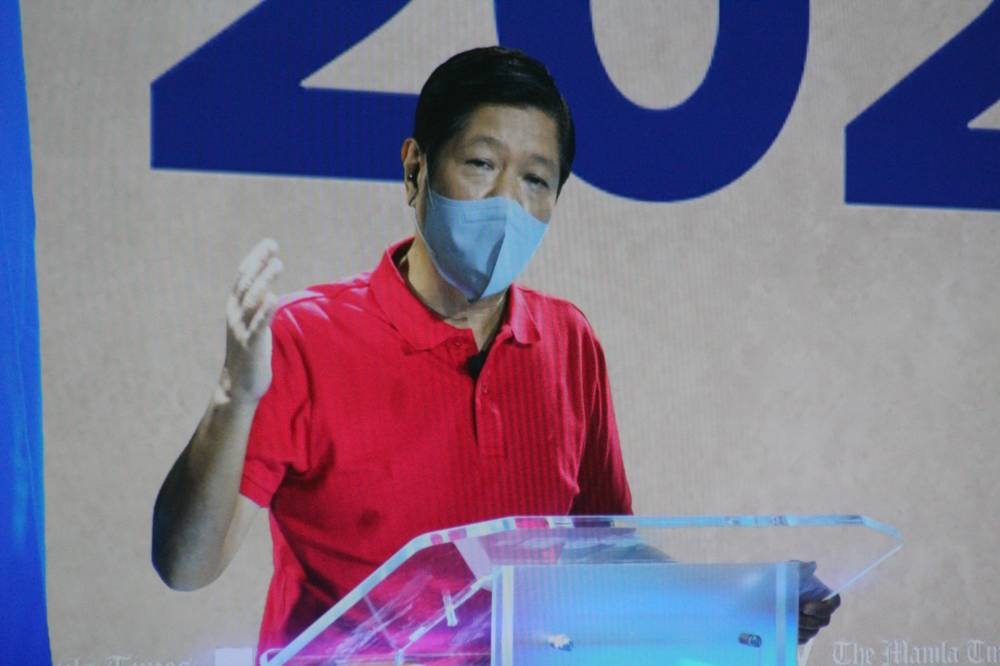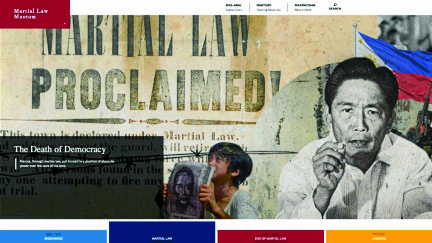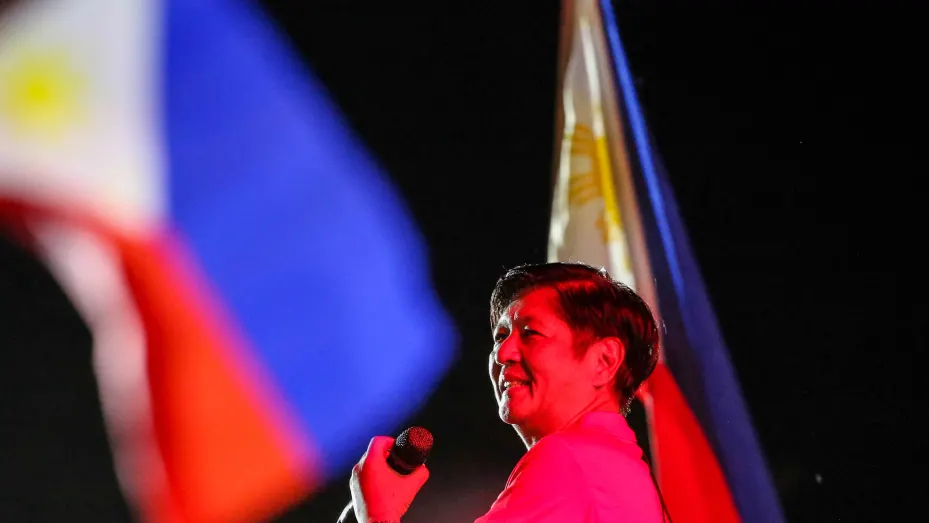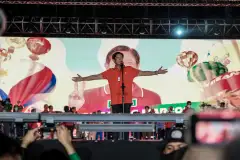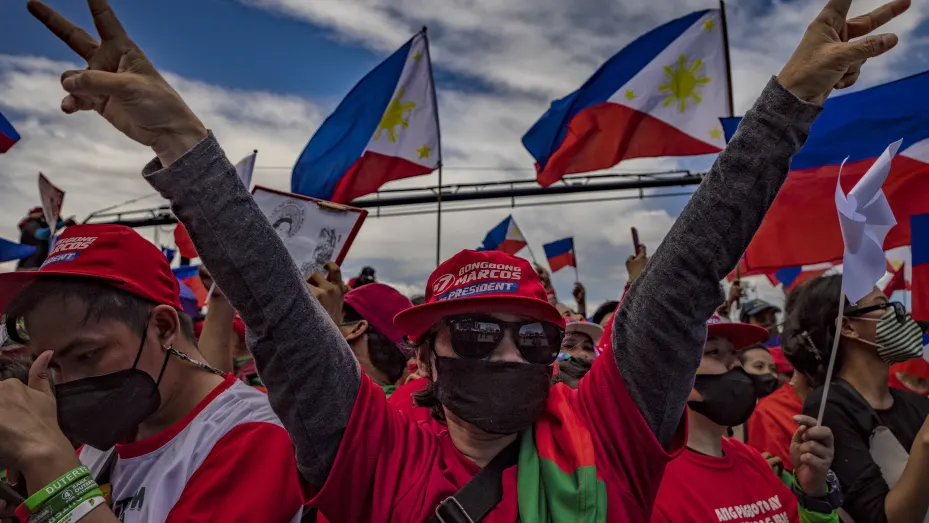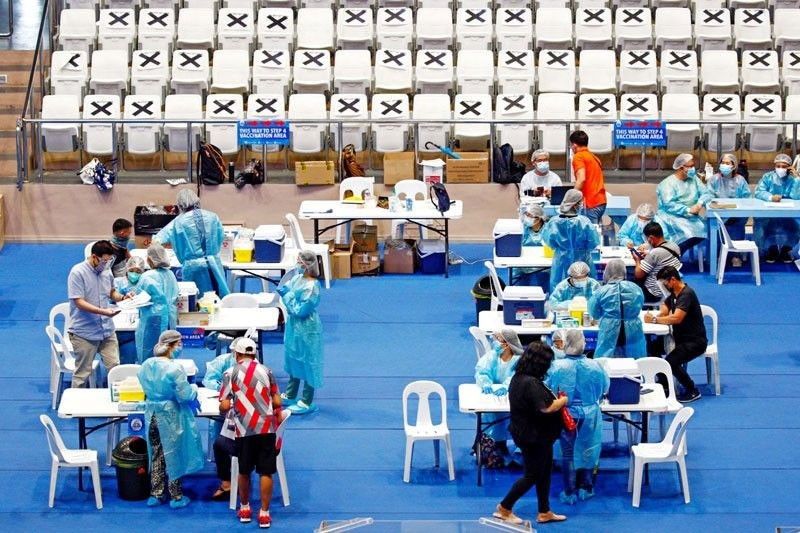'No vaccine, no ride' on public transport panned as impractical, violative of rights
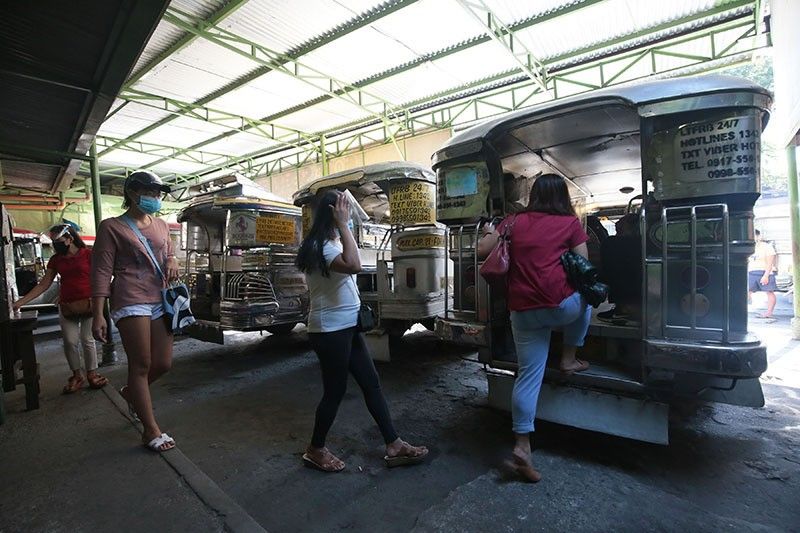
MANILA, Philippines (Updated 1:58 p.m.) — Transportation Secretary Arthur Tugade has ordered a "no vaccination, no ride" policy on public transportation throughout Metro Manila, which transport groups say violates Filipinos' right to mobility and skirts responsibility for vaccination.
This comes after Metro Manila's mayors unanimously agreed to restrict the mobility of unvaccinated people in the capital region. A number of local governments have already passed ordinances banning the unvaccinated from entering malls and establishments in their localities.
The Department of Transportation said the policy's implementation will be "initially in the National Capital Region" while Alert Level 3 or higher remains in effect pending the decision of the coronavirus task force.
Tugade said the DO takes effect immediately after publication in the Official Gazette or in a newspaper of general circulation, and the submission of a copy with the Office of the National Administrative Register, U.P. Law Center.
“All concerned attached agencies and sectoral offices of DOTr are directed to ensure that operators of public transportation shall allow access or issue tickets only to ‘fully vaccinated persons’ as evidenced by a physical or digital copy of an LGU (local government unit)-issued vaccine card, or any IATF-prescribed document, with a valid government-issued ID with picture and address,” the DOTr department order read.
'Cumbersome for transport workers, commuters'
According to the DO, a person is considered fully vaccinated against COVID-19 two weeks after receiving their second dose in a two-dose vaccination series, such as with the Pfizer or Moderna brand of vaccines, or two weeks after a single-dose vaccine such as with Johnson & Johnson’s Janssen vaccine.
Sought for comment, The Passenger Forum convenor Primo Morillo told Philstar.com in a phone call that while the commuter advocacy group is pro-vaccine, vaccine access remains the main issue that the department order fails to address.
"We know we aren't efficient with our vaccine rollout, [so] it’s hard to do given the vaccines aren’t readily available. How are you going to do that in a jeep where they don’t have doctors and they’re not terminal-to-terminal? People will be rushing, will you be checking them one by one?" he said in mixed Filipino and English.
"For the longest time, they couldn’t even implement social distancing for practical reasons...This will only make it difficult for commuters as well as drivers and conductors even though in reality, they do not have a quick and effective way to identify who is fully vaccinated and who is not."
As of this writing, only 67.8 percent of Metro Manila residents are fully vaccinated.
"How does the DOTr think of this? It will cause more problems, and it doesn’t address the root reason why many are not getting vaccinated, which is access. By this time, they should be able to map who is getting vaccinated and who is not...Before the government can think of these things, we should be ensuring vaccines are available first. Why aren’t they going house to house to vaccinate for example?"
In a text message, Pagkakaisa ng Manggagawa sa Transportasyon convenor Dante Lagman told Philstar.com that the policy's implementation "would be too cumbersome for public transport workers who actually to don’t have access to vaccinated persons database."
"It has no legal basis to stand on and, in fact, violates existing laws...After two years, we should already be able to 'live with COVID', if only the health system was strengthened enough to accommodate patients and home care introduced extensively," he said.
"If unvaccinated workers are not allowed on public transport to get to work then it is tantamount to being a requirement for work."
The COVID-19 Vaccination Program Act of 2021 or Republic Act No. 11525 provides that vaccine cards shall not be considered as an additional mandatory requirement for educational and employment purposes.
The pandemic task force has, however, made it policy to require vaccination for on-site work in certain industries and for unvaccinated workers to take regular RT-PCR tests at their own expense.
‘Violation of the right to mobility'
In a statement, Partido Lakas ng Masa presidential aspirant and labor leader Leody de Guzman called the policy an "explicit coercion of the masses," saying that the resurgence in coronavirus cases came after the national government "eased all restrictions to increase the consumption of the people at Christmas as a solution to revive businesses and profits."
De Guzman called on the Duterte administration to accelerate and expand the vaccination drive by providing incentives for hesitant Filipinos to get vaccinated.
"One solution is to provide paid leaves by the private and public sectors to their workers. House-to-house vaccinations may also be considered, as some LGUs have done in the distribution of aid," he said in Filipino.
"It is infuriating that for two years now, the Duterte regime has not responded to these calls properly," he said.
PLM vice presidential bet Walden Bello slammed the policy as being too tight, saying it is better to just provide financial incentives for those who complete the COVID-19 vaccine than to be strict.
"Yes, [vaccine] certificates should be checked, but segregation, not repression is the answer, as in the case of restaurants. Unvaccinated people should be able to ride buses and public transportation specifically designated for them, just as in restaurants," he told reporters in a Viber message.
"There is already a negative incentive here, since [unvaccinated] people have to wait longer for special buses, but it is not draconian and repressive."
Under the Order, the department said that violations of the policy are considered violations of applicable general safety and health provisions under any concession or service agreements, authority or permits to operate of public transportation, and other similar instruments.
"That’s what’s confusing about it because that means Tugade is worse than the former generals in the IATF. Before they said they’d just tell [violators] to go home. This time there’s an actual violation," Morillo said.
"Not allowing them in malls, that’s not essential. But commuting? That’s so essential. If it’s debatable with going to malls, this time, there’s really a violation of the right to mobility."
The Department Order also exempts just two groups from the policy, namely:
- Persons with medical conditions that prevent their full COVID-19 vaccination as shown by a duly-signed medical certificate with the name and contact details of their doctor.
- Persons who will buy essential goods and services, such as but not limited to food, water, medicine, medical devices, public utilities, energy, work, and medical and dental necessities, as shown by a duly issued barangay health pass or other proof to justify the travel.
"We are exempted as consumers, but we are not exempted as workers. That just means you can buy, you can go out if you want to spend, but not if you want to work and earn. Both of those are important to the economy and to the lives of people," Morillo said.
"While the right to travel may be infringed under circumstances such as those existing now, to us, it is simply diverting blame away from the government who has failed to take us to the new normal," Lagman added.
DoTr: No discrimination
At a press briefing later Wednesday, Transportation Undersecretary Artemio Tuazon Jr., who represents the DOTr before the IATF, said that he expected the policy to be fully effective by next Monday to give passengers time to prepare. He added, however, that it was "continually being implemented today."
"I don’t think there will be discrimination...we are not limiting their right to transportation, but they will not be able to use public transportation. They have other means of transportation," he said when asked about the criticisms over the policy.
Asked how the DOTr can operationalize the policy, Tuazon said that the burden of the policy is on drivers and operators who will have to check if each passenger is able to present a vaccination card before allowing them to board.
According to Tuazon, enforcers will "work together" to implement the policy in road transportation while the PNP and its Highway Patrol Group has already been asked to help.
He said that the department was looking at "points of checking" but clarified that these are "not necessarily checkpoints."
Responding to critics, Transportation spokesperson Goddess Libiran said: “It is more anti-poor and anti-life if our countrymen are infected and infect others because they are not vaccinated.”
"Worse, if they infect our public transport personnel, it will be more dangerous and more people will be affected. We want to prevent a repeat of the public transport shutdown...We are doing everything we can to maintain and keep our public transport operations safe and running," she told reporters in a Viber message.
According to data from the Japan International Cooperation Agency, though, around 71% of households in Metro Manila do not own private vehicles and have to rely on public transportation.
"They seem to have forgotten that the reason people take public transport is because they have no choice, they do not have their own vehicles," Morillo said in Filipino.
"It is true that others already use a bicycle but first, not everyone has the ability to buy or even use it. Besides not all areas have been reached by bike lanes. It is obvious that our transport officials do not experience the difficulty of commuting and other problems of the simple passenger." — with a report from James Relativo



